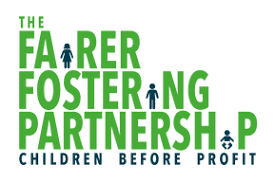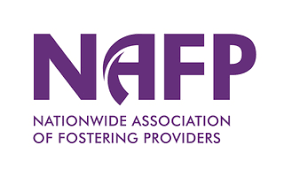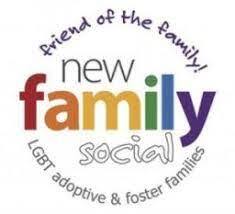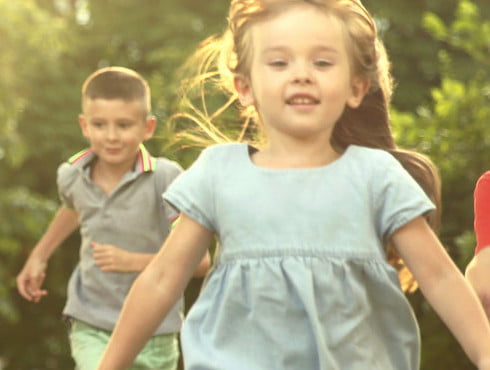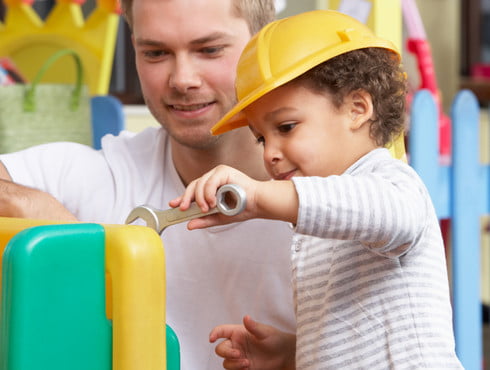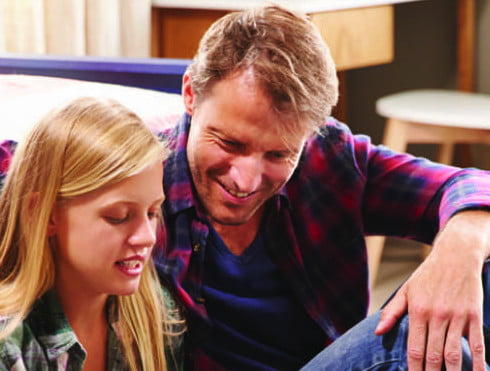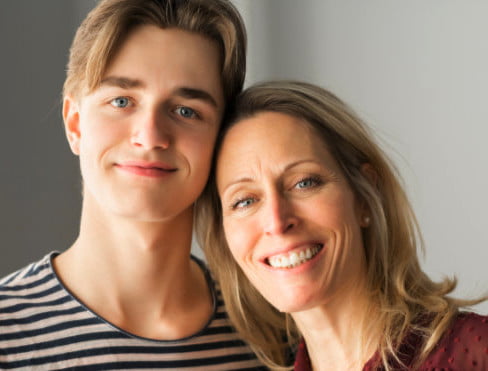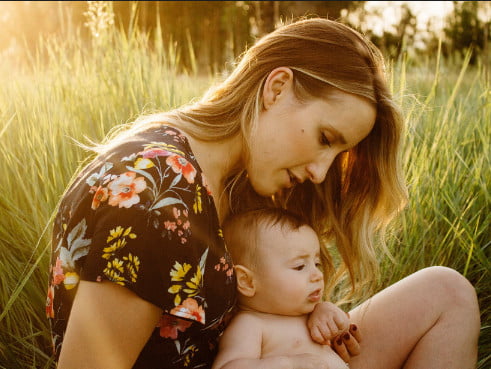About Fostering
The fundmentals of foster care.

What does foster care mean?
Being placed in Foster Care is never the direct fault of the child or young person.
Irrespective of the reasons for being taken into the care of the local authority, the situation means that the child or young person is no longer able to reside within their own birth family.
Fostering provides children and young people with a stable home environment where they are cared for, nurtured and supported to realise their full potential.

Children and young people in care need a safe, loving and secure
environment to grow up in, where the opportunities and life chances
available to them are equal to that of their peers.
As a foster family, you could have a child in place for a short couple of days, a few months or even years. The CFT will tailor your placements depending on your experience and circumstances.

Children and young people come into care for many reasons; this can include neglect, domestic violence and parental mental health issues to name just a few. Because of this many of our children and young people in care have faced great adversity in their lives and may present challenging behaviours.
In the role of a Foster Carer, you will be supported in understanding why children and young people may display particular behaviours and as a result, you will be able to support a child or young person in placement to grow, develop and understand themselves and their experiences a little better.
Types of foster care
What we do for you
Fostering & adoption
When you foster a child, legal responsibility stays with the child’s birth family or the local authority and as such, a child may not stay with you until adulthood. Unlike adoption where you would become the child’s legal guardian until they reach adulthood.
There are more constraints on decision-making when you foster a child, permissions may be required to take them on holiday, which could cause some discomfort for the child in question.
However, at The CFT we champion transparency and including the child in the processes around their care and what they can expect – we find this approach prepares the children much better and improves the relationship between the carers and the children.

Still have questions?


